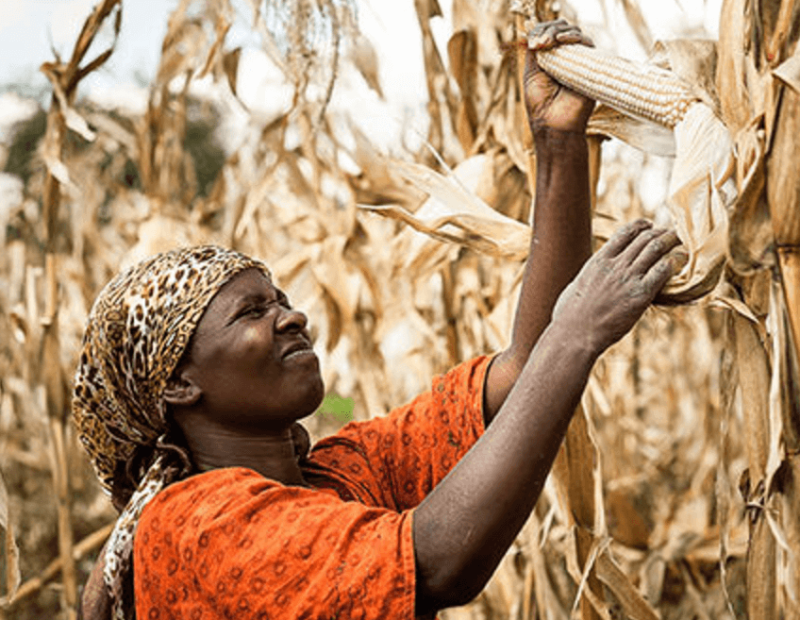It’s a silent killer lurking in common foods. A carcinogenic toxin made by [mold] kills thousands around the world and forces millions of tonnes of infected crops to be discarded each year.
Maize plants have been genetically modified to deliver strands of so-called interfering RNA that silence toxin-producing genes in a fungus that commonly grows on the crop.
This GM corn can police the Aspergillus fungus on its own cobs and stop it producing poisonous aflatoxin that causes liver disease and cancer.
The maize was engineered to express the gene-silencing RNA molecules by Monica Schmidt at the University of Arizona and colleagues.
Her team then exposed this GM maize, along with a non-GM variety, to the fungal spores as they grew for a month. The fungus grew on both, but while high levels of toxin were found on the non-GM maize, the toxins were undetectable on the GM plants.
…
A report by the Partnership for Aflatoxin Control in Africa found that aflatoxins disproportionately impact those living in poverty and women, who do the majority of farm work in many African countries and so are more at risk of breathing in toxin-coated fungal spores.
The GLP aggregated and excerpted this blog/article to reflect the diversity of news, opinion, and analysis. Read full, original post: Maize engineered to silence deadly toxins in poisonous mould
































